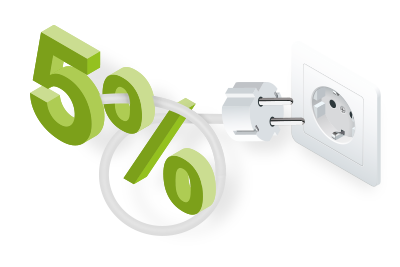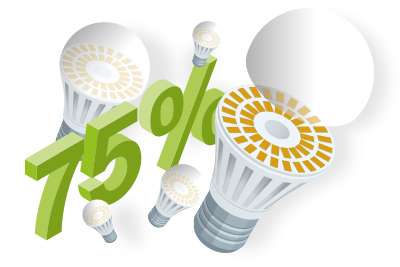SHAPING THE FUTURE OF PRINTING WITH HEAT-FREE TECHNOLOGY
We're facing the rising electricity challenge head-on. One page at a time.
Watch video
Rising to the global electricity challenge
As electricity consumption accelerates around the world, it's time to think about what we can all do to reduce our electricity usage.
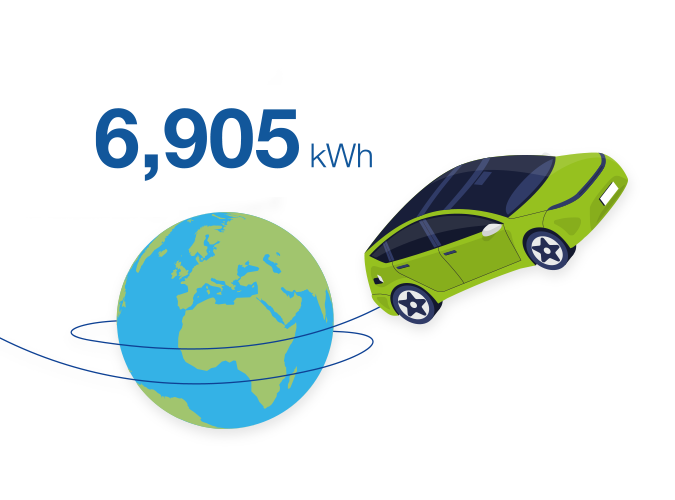
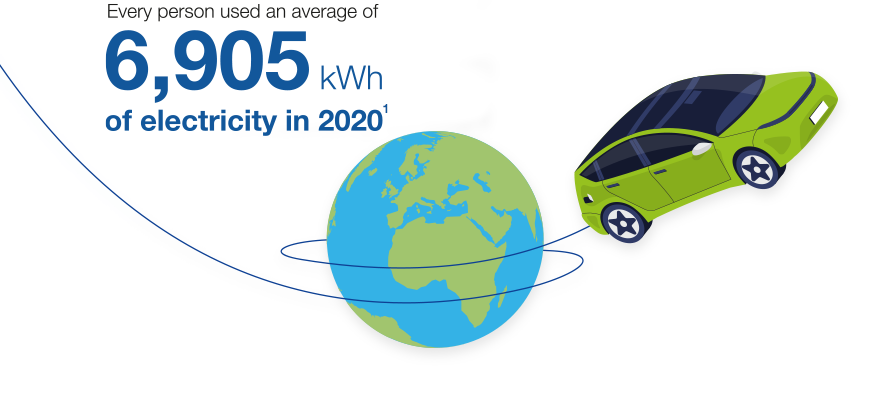
In a cross-section of some of the world's largest economies, every person used an average of 6,905 kWh of electricity in 2020.1
That's enough to power today's best-selling electric car around the entire planet.1
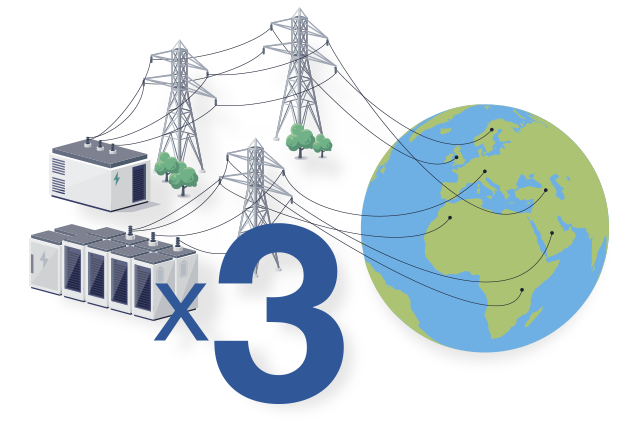
Between 1980 and 2020 global electricity consumption more than tripled.2
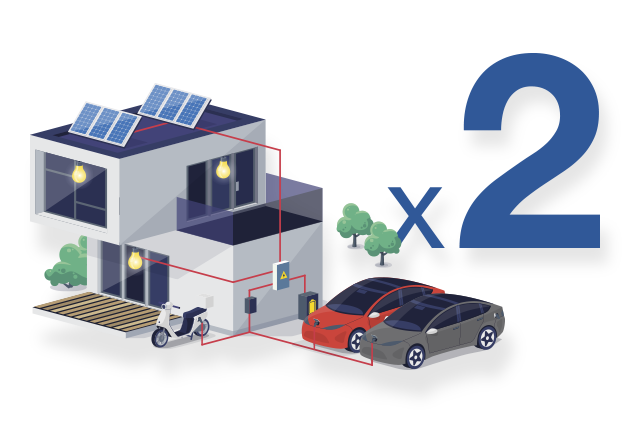
And electricity consumption is set to double again by 2050.3
Small changes can make a big difference
Saving electricity through small, everyday adjustments can amount to big, meaningful change.
Watch videoSo what energy-saving changes can businesses make?
Why switch to Heat-Free Technology?
At Epson, we're focusing on changing the way we consume electricity. Switching to Heat-Free Technology, which uses no heat in the ink ejection process, delivers lower power consumption and improved performance.
That means every time you use one of our inkjet printers, you're taking a step in the right direction.
Download brochure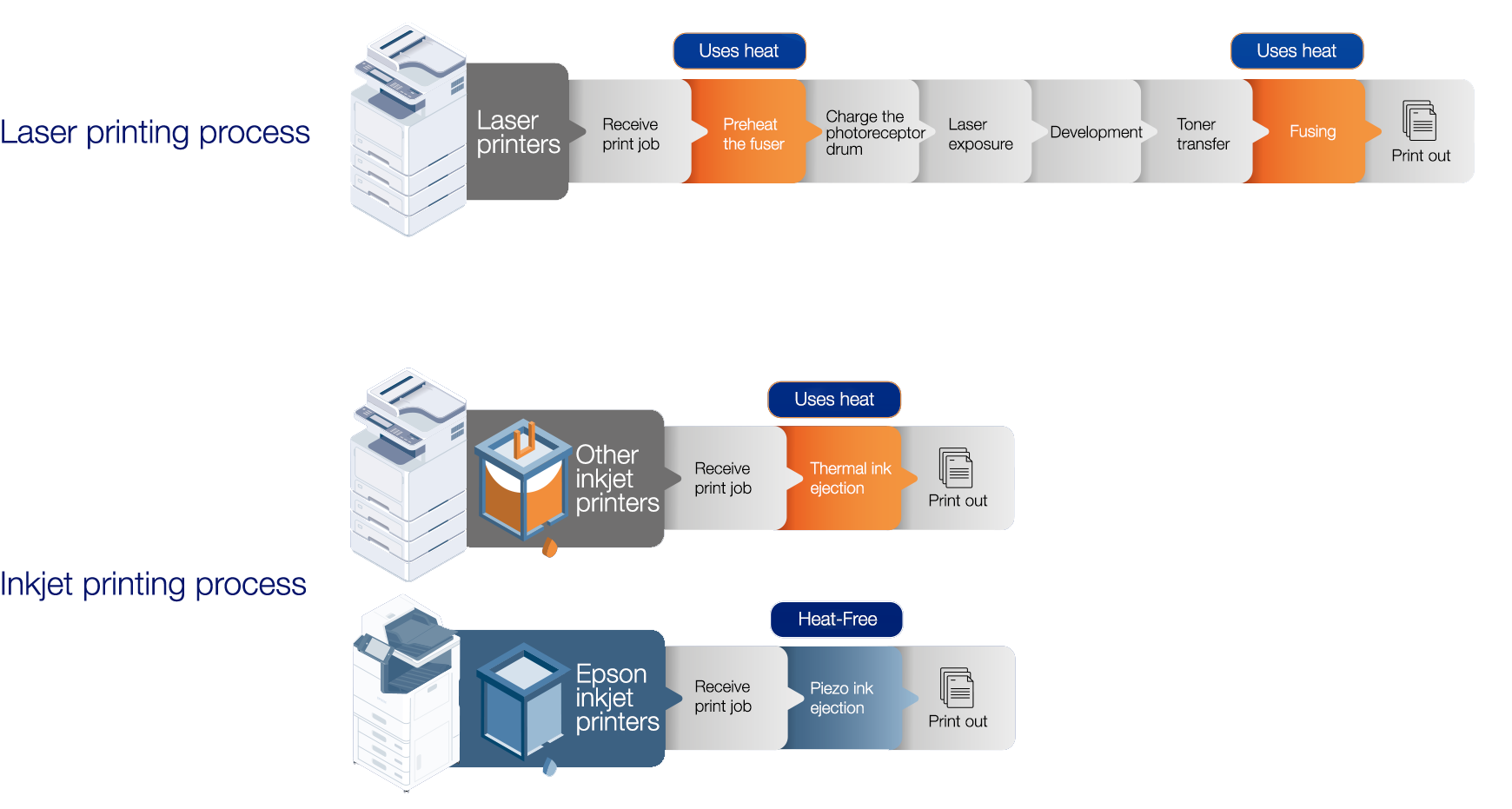
The benefits of Heat-Free Technology
Make the switch. Meet the challenge.
- Start printing quickly
- Less power consumption
- Fewer replacement parts
- Increased productivity

Start printing quickly
As Heat-Free Technology requires no heat to warm up, printing starts immediately when the printer is switched on or woken from sleep.
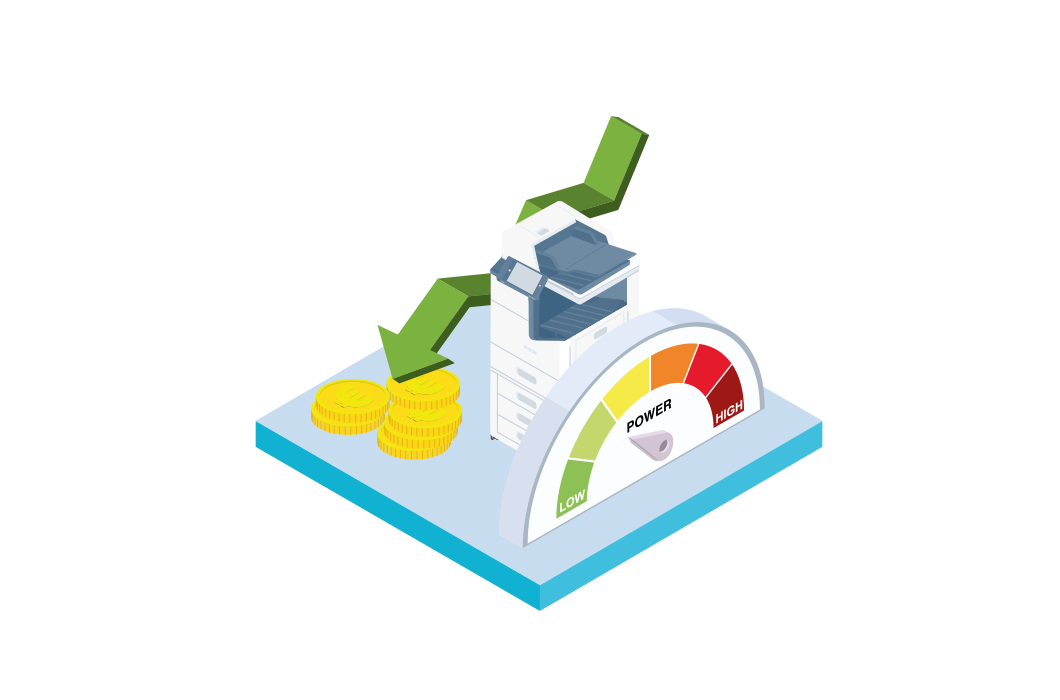
Less power consumption saves electricity and money
Heat-Free Technology uses less power because it doesn't use heat to warm up. As inkjets have no fuser unit to heat, this results in significantly less electricity consumption.
Learn more
Fewer replacement parts, lower environmental impact
Laser printers typically have more consumables and require periodic replacement of the drum, transfer belt and fuser in many cases. Thanks to Heat-Free Technology, our inkjet printers use fewer parts that need replacing.
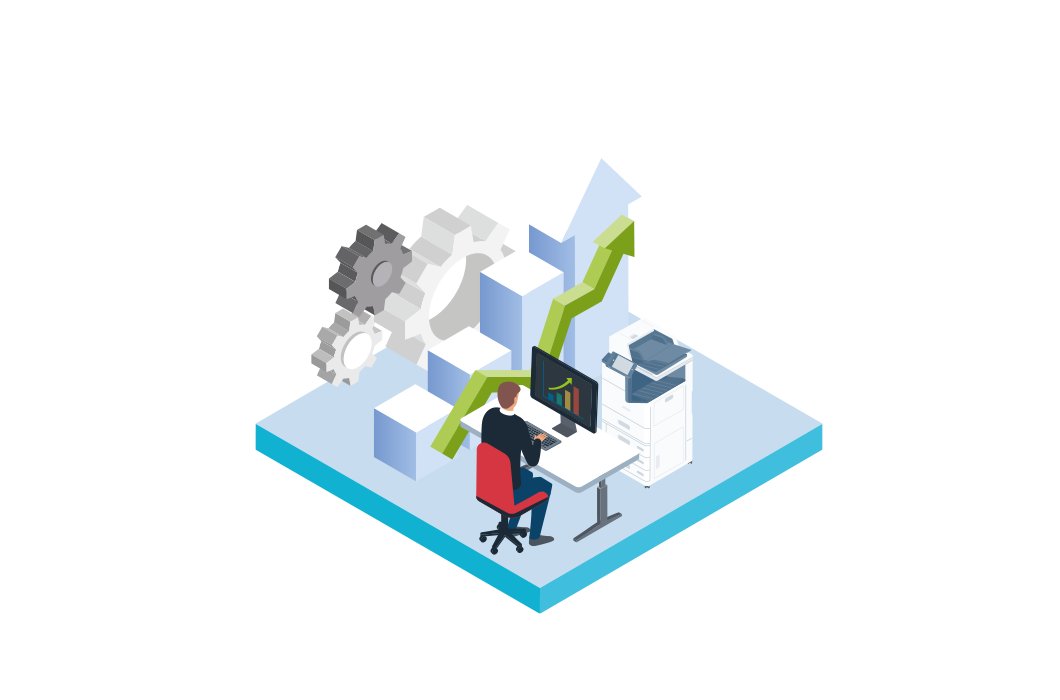
Less intervention increases productivity
The Heat-Free structure of Epson inkjet printers means that there are fewer parts that can fail, which reduces the amount of intervention required.
This explanation is only applicable for MicroPiezo fundamental advantage in principle. Product performance may vary.
Discover the benefits of Epson's Heat-Free Technology for yourself
View the range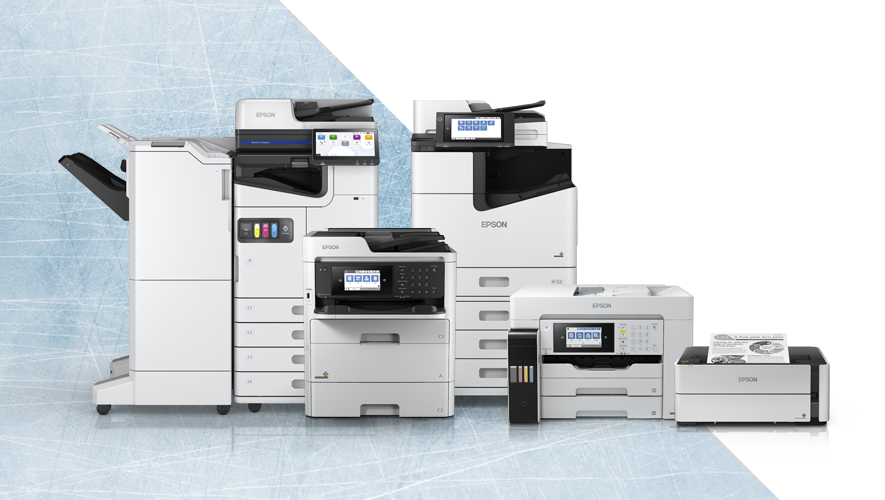
Talk to us
Want to find out more about Epson Heat-Free Technology and how we can help you reduce your electricity consumption?
- (1) Total final consumption of electricity in OECD countries – 9,461,797 GWh in OECD countries. Population is 1,370,360,714. Total electricity per person is 6,905 kWh. Source: Total final consumption of electricity from IEA World Energy Balances Highlights (2022)
(2) OECD population – 1,370,360,714 Source : UN population
(3) The Tesla Model Y was the world's most popular plug-in electric vehicle with worldwide unit sales of roughly 771,300 in 2022. Source: statista.com Tesla Model Y fuel economy data source - Total final consumption of electricity from IEA World Energy Balances Highlights (2022)
- Total final consumption of electricity with NetZero scenario base from IEA World Energy Outlook 2023 Free Dataset
- Carbon Trust: ctprodstorageaccountp.blob.core.windows.net/prod-drupal-files/documents/resource/public/CTV007_OfficeBasedCompanies-2021-update.pdf
- www.energy.gov/energysaver/led-lighting




